Connect with us
Published
2 years agoon
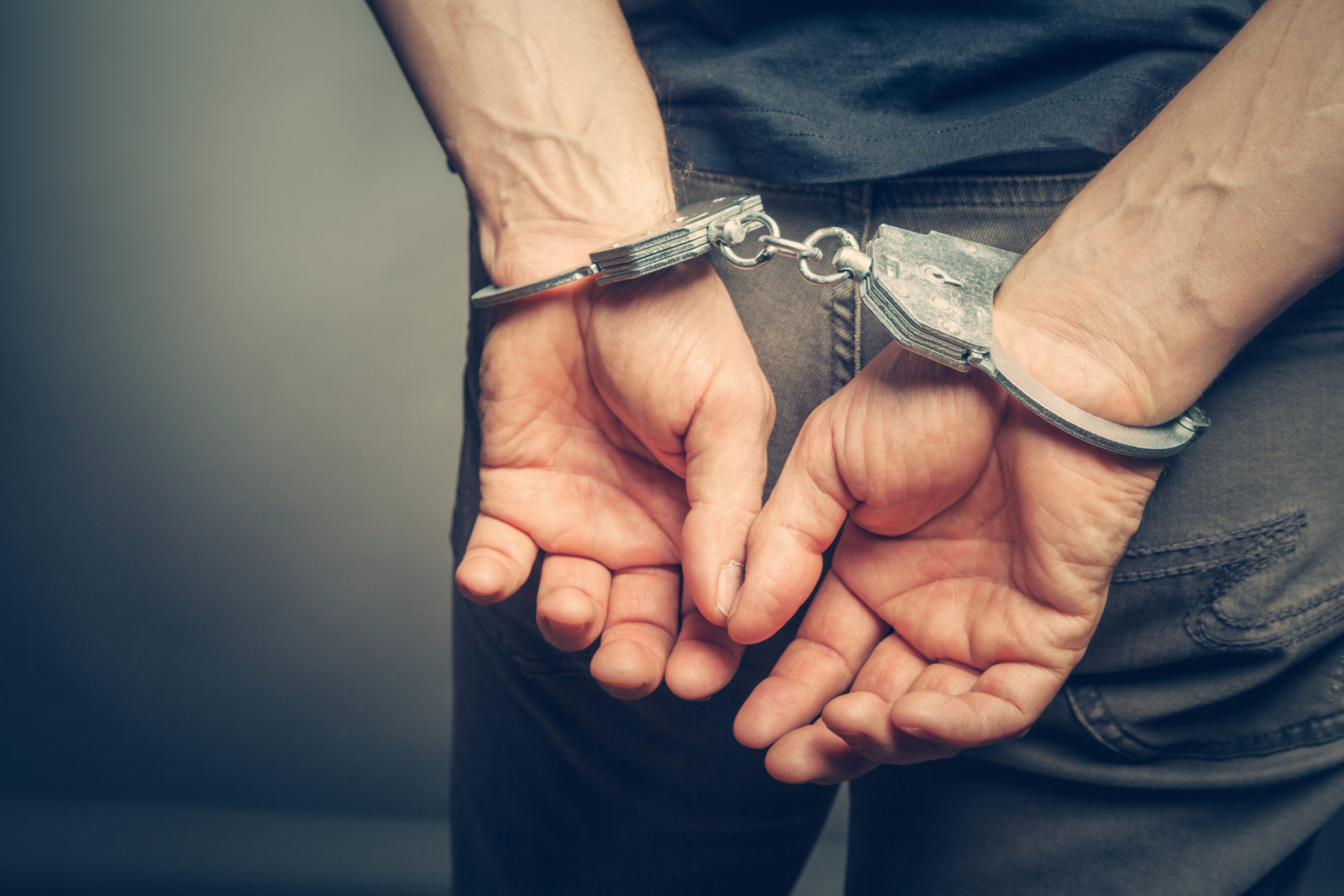
Dutchie—an all-in-one technology platform for the cannabis industry working with point of sale, ecommerce, payments and more—is embracing social equity as it forges ahead. The platform announced a new partnership with Last Prisoner Project, a nonprofit dedicated to undoing the harms of the War on Drugs and releasing people in prison for cannabis charges, this week, according to a PR Newswire release.
According to the release, the wide-reaching partnership includes coordination and support across several of the nonprofit’s efforts, including the expungement of criminal records, re-entry support, criminal justice public policy reform, industry event coordination, and technological avenues aimed to increase charitable contributions.
Along with the announcement of the partnership, Dutchie also announced that it donated $100,000 to the Last Prisoner Project and pledged to match $1 million in donations from their dispensary partners and cannabis consumers.
Dutchie CEO and Co-Founder Ross Lipson spoke out along with the announcement, voicing Dutchie’s commitment to having a positive impact on the cannabis industry’s future and the “broad benefits” it is bringing to society.
“We cannot erase past injustices that people and communities have experienced as a result of decades of failed cannabis policy,” Lipson said. “But, we can work to bring restitution to those who have been harmed by supporting their release from incarceration and giving them a new lease on life. We are committed to advancing our shared vision to release those behind bars for non-violent cannabis offenses and we’re excited to leverage the Dutchie ecosystem to help scale our impact.”
Cannabis is one of the fastest-growing industries in the world, though, still, many people, largely people of color, remain behind bars in the United States for nonviolent cannabis offenses. It’s especially applicable to Black Americans, who are 3.73 times more likely to be arrested for cannabis.
The release notes Dutchie’s aim to create “safe and easy access” while working to advance the positive change cannabis can bring to the world. It notes that this is only possible if the industry and society put equity and justice at the center of this work as cannabis professionals forge ahead into the future.
Mary Bailey, managing director of Last Prisoner Project, voiced the nonprofit’s excitement to partner with Dutchie, with a statement of gratitude for its “generous support of our mission.”
“Together, we will redress the harms of cannabis prohibition by advancing crucial criminal justice and drug policy reforms,” Bailey said. “More than 15.7 million Americans have been arrested for nonviolent cannabis crimes in the last two decades. Some of whom are serving life sentences without parole. Together, we’ll help give people and families their lives back.”
The Last Prisoner Project was first founded in 2019 by cannabis leaders, criminal and social justice advocates and policy and education experts, with the belief that no one should remain incarcerated for cannabis offenses. The nonprofit is committed to freeing every single prisoner still serving time for the War on Drugs, starting with the estimated 40,000 people in prison for cannabis.
In addition to the new partnership, Dutchie’s social equity program works to support BIPOC and women-led dispensaries with training and marketing stipends. The platform is also part of the Minority Cannabis Business Association. In the months ahead, it plans to leverage its network of thousands of dispensaries and partners with the goal of creating an even greater impact, as part of the company’s commitment to the partnership.
Dutchie follows the example of many states attempting to work equity into their emerging cannabis legislation, though it’s not been an easy road. Some states, like Arizona, simply don’t have enough equity licenses, with 26 available and worth potentially millions of dollars, even though the state received more than 1,500 applications.
New York has continually aimed to center social equity, recently announcing that the first retail licenses in the state will go to those with prior cannabis convictions. Last year, the state also introduced a bill that would include transgender and nonbinary people as social equity applicants in the new program.
Though, some cannabis professionals, like many Black and other minority-owned cannabis startups in California, argue that the programs aren’t doing enough to truly provide equity to those in need.
This complex and ever-changing conversation among emerging regulations and legislation ultimately shines a light on groups like the Last Prisoner Project; although states across the country are making strides in building this new industry, it’s up to all cannabis players to truly promote equity and right the wrongs caused by the War on Drugs.


Cresco Labs Workers Reportedly De-Unionize
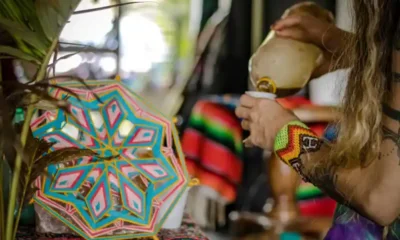

Arizona Church Reaches Settlement with DEA To Allow Sacramental Use of Ayahuasca
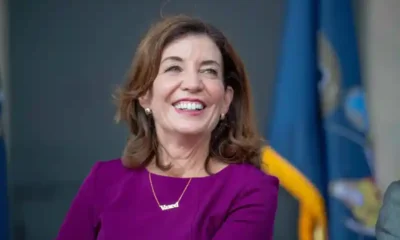

Gov. Kathy Hochul Honors New York’s 100th Adult-Use Retail Store Opening
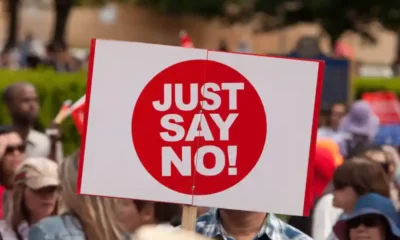

D.A.R.E. Officer of the Year Discusses Relative Using Medical Cannabis for Cancer
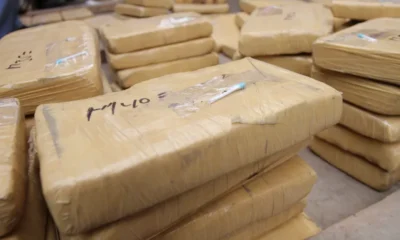

Sweden Authorities Seize 1.4 Tons of Cocaine, ‘One of the Biggest’ Seizures Ever
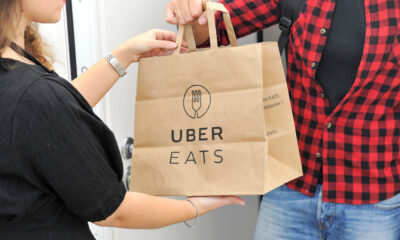

Uber Eats Shares ‘Dopest’ Cities With Most MJ Deliveries in British Columbia, Ontario
